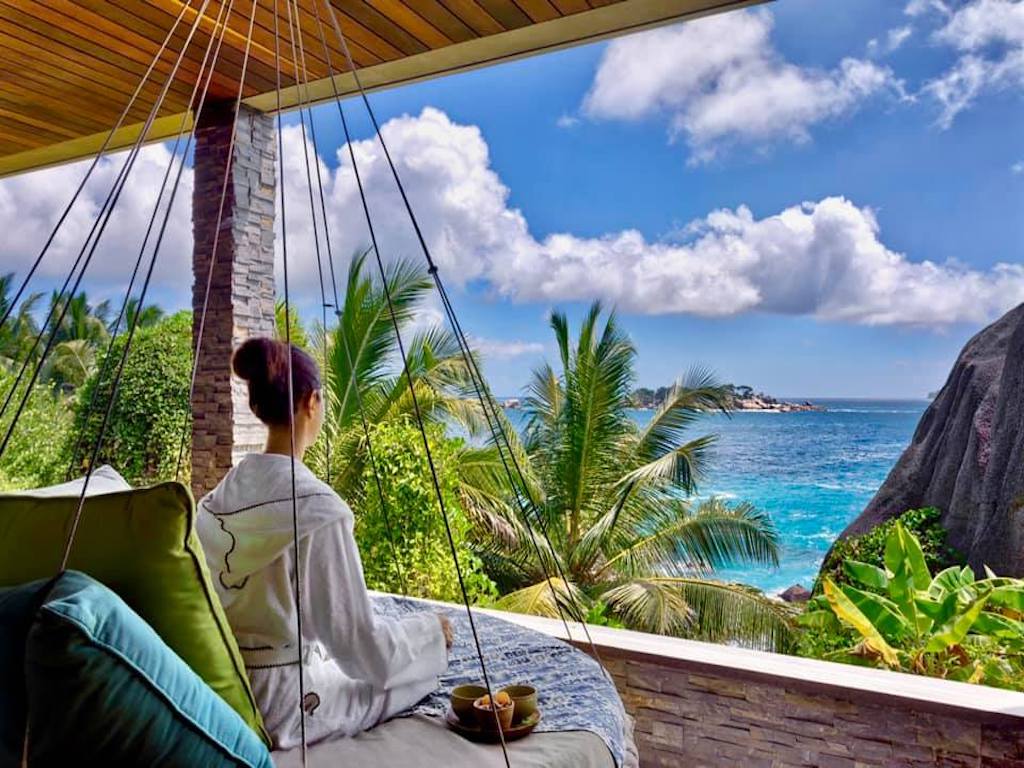3 Mins Read
In a just-released report, Six Senses Hotels Resorts Spas outlines the eco-forward steps it has taken in recent years in recent years from investing in conservation to phasing out plastics. With tourists increasingly sensitive to “greenwashing” marketing methods, the hospitality group has published a detailed overview of its measurable positive impacts, primarily due to guest pressure and as a response to sustainability-oriented consumers. This reflects a broader trend in tourism and hospitality, where low impact accommodation and green travelling alternatives are becoming more popular, with hotel chains globally rushing to keep up.
The Six Senses group, comprised of 18 hotels and resorts and 30 spas spanning across 21 countries, completed the Hotel Sustainability Benchmarking programme by Cornell University, an analysis that compares the group’s waste performance against other hospitality businesses, and produces a report detailing its sustainability efforts. Summarising the group’s performance over 2018, the report outlined that it has reduced 32% of landfill waste, saved 45 gallons of water use and replaced over 1.6 million plastic bottles with glass versions.
Commenting on these achievements, the group’s vice president of sustainability Jeff Smith said: “All hospitality leaders have a responsibility to stand up and be accountable for making a sustainable difference and achieving measurable results.”
In addition to saving on water, plastic and single-use waste, the group has launched a series of conservation campaigns. For instance, Six Senses Laamu announced a collaboration with the Blue Marine Foundation and the Maldives Underwater Initiative to protect seagrass that is commonly removed by tour operators from the ocean bed in the Maldives.
Another conservation effort in Six Senses Ninh Van Bay in Vietnam aims to preserve the marine ecosystem by rolling out a coral propagation programme. Partnering up with marine biologists from Nha Trang Institute of Oceanography, the resort has begun a project to monitor coral growth, develop resilient coral offspring and educate guests through a build-a-reef session.
This follows other eco-initiatives that hotel chains are making across the board. Most recently, Marriott International unveiled plans to eliminate disposable amenities globally, replacing them with large refillable pump bottles. The company has also committed to reducing landfill waste by 45% and sourcing product purchases responsibly by 2025. InterContinental Hotels Group, Six Senses’ parent company, also pledged to switch to refillables by 2021 citing guest pressure earlier this year. Ovolo Hotels have also announced sustainability plans involving replacing single-use toiletries with their own vegan-friendly range of OMG bathroom amenities.
When it comes to the push that drives these eco-friendly switches, executives are citing customer and guest pressure. As the CEO of Marriott International Arne Sorensen said recently, “guests are looking to us to make changes that will create meaningful difference for the environment.” This was reiterated by the InterContinental CEO Keith Barr, who in a recent interview said that “our colleagues and customers expect us to take a leadership position on things like waste.”
What this indicates is that consumers are more climate conscious, and want to travel low-impact style. Trekksoft recently released their 2019 annual travel trends report, which underlined how sustainable accommodation is becoming more popular. According to the data, 55% of global travellers are more determined to make environmentally friendly travel decisions than a year ago, with 73% looking to stay in a green hotel or resort in the near future. This wave of change toward more sustainable travelling is set to continue, as the millennial and Gen Z demographic grows. With this generation increasingly attracted to purpose-driven businesses, hospitality companies must make eco-friendly changes if they are to succeed in the long-term.
Lead image courtesy of Six Senses.




